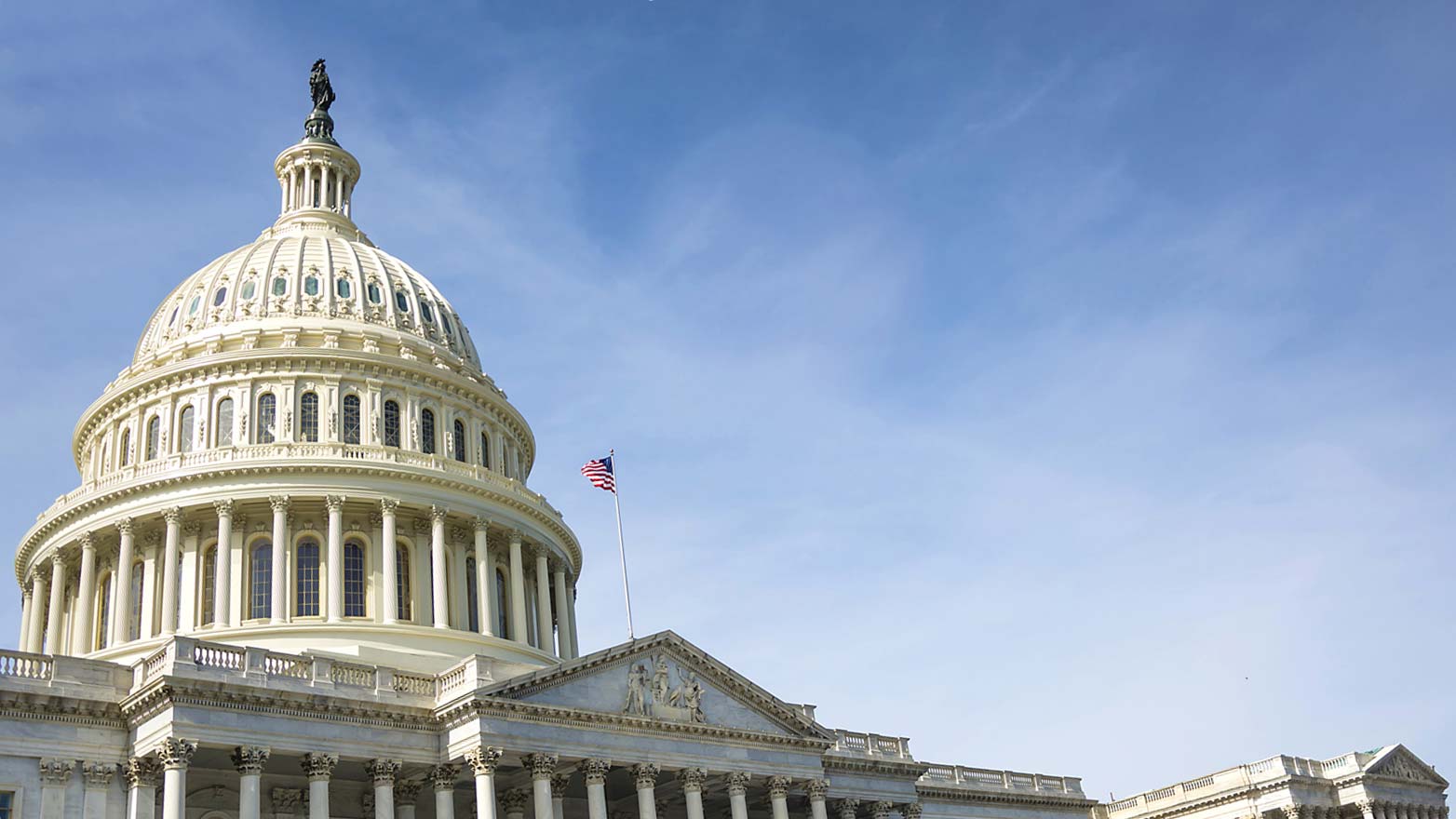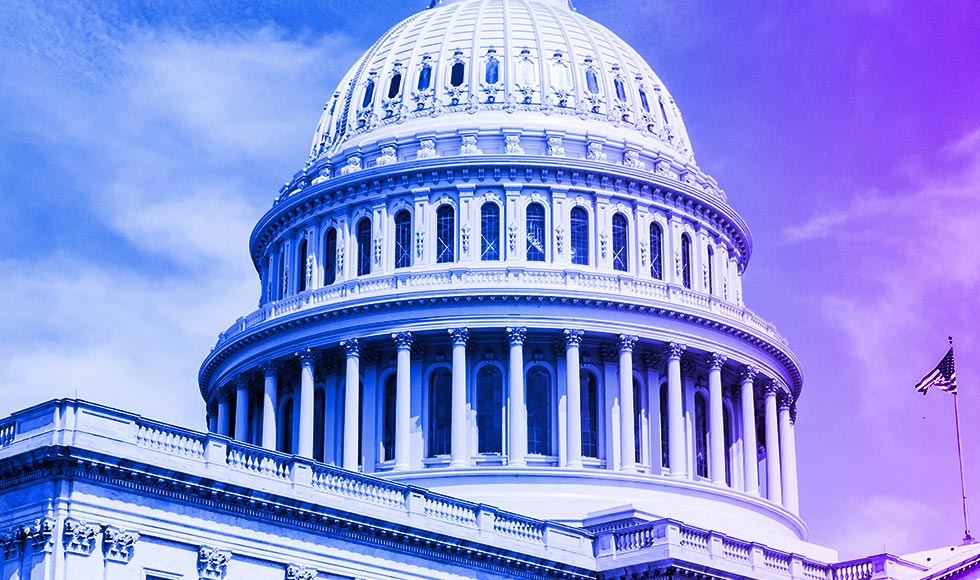June 2022
KPMG Insights. The CFTC joins the other financial services regulators in seeking input on the quickly evolving regulatory landscape for measuring, monitoring, analyzing, and reporting climate-related risks. CFTC expects that market participants from across all sectors, including agricultural, industrial, and financial sectors, will increasingly turn to the derivatives markets to manage/hedge the impact of physical and transition risks and indicates that the RFI will serve to inform, educate, and engage the agency and market participants on climate-related policymaking. Although the RFI was unanimously approved, it is notable that some Commissioners did raise concerns regarding the broad scope of information requested and the limits of CFTC’s statutory authorities. Nonetheless, CFTC registrants should be formalizing climate risk governance and risk management and actively evaluating potential risks and opportunities (aligning with TCFD, as appropriate) and the use of scenario analysis.
Climate-Related Risk: CFTC Request for Information
The CFTC is seeking input on the evolving regulatory landscape for measuring, monitoring, analyzing, and reporting climate-related risks.

Share
Dive into our thinking:
Climate-Related Risk: CFTC Request for Information
Download PDFGet the latest from KPMG Regulatory Insights
KPMG Regulatory Insights is the thought leader hub for timely insight on risk and regulatory developments.
Explore more

Points of View
Insights and analyses of emerging regulatory issues and their impact.

Regulatory Alerts
Quick hitting summaries of specific regulatory developments and their impact.

Washington Report 360
A weekly newsletter covering legislative and regulatory developments affecting financial services firms—in 360 words or less.
Meet our team

Amy S. Matsuo
Principal, U.S. Regulatory Insights & Compliance Transformation Lead, KPMG LLP
